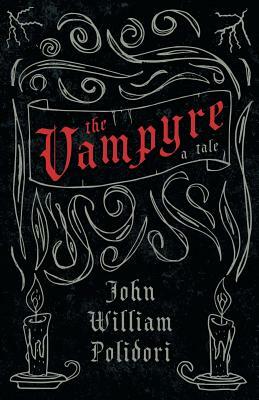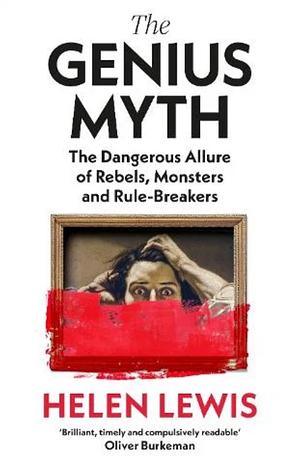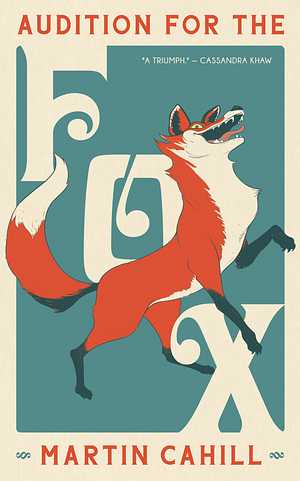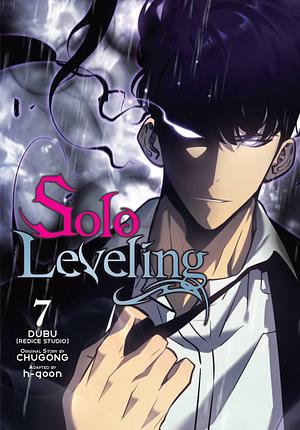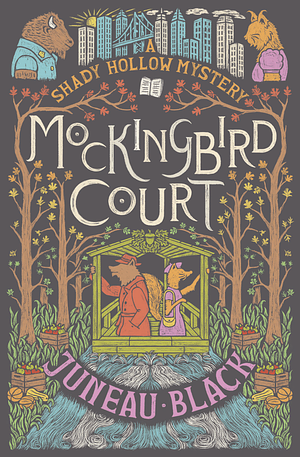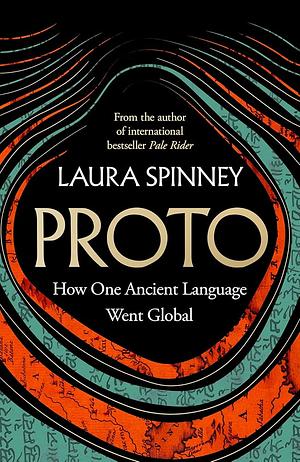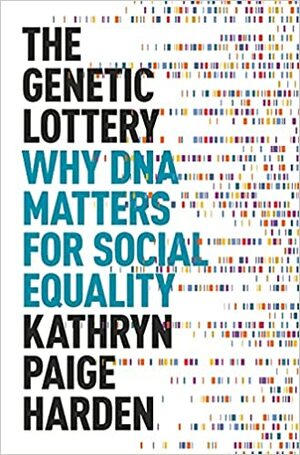
Eating to Extinction: The World's Rarest Foods and Why We Need To Save Them
by Dan Saladino
Genres: History, Non-fiction, SciencePages: 464
Rating:

Synopsis:Winner of the Wainwright Prize 2022 - Eating to Extinction is an astonishing journey through the past, present and future of food, showing why reclaiming a diverse food culture is vital for our future.
From a tiny crimson pear in the west of England to an exploding corn in Mexico, there are thousands of foods that are at risk of being lost for ever. Dan Saladino spans the globe to uncover their stories, meeting the pioneering farmers, scientists, cooks, food producers and indigenous communities who are defending food traditions and fighting for change.
Eating to Extinction is about so much more than preserving the past. It is about the crisis facing our planet today, and why reclaiming a diverse food culture is vital for our future.
Dan Saladino’s Eating to Extinction has a certain amount of inherent repetition: we’re losing a lot of rare and traditional foods because of monocultures, cultural homogenisation, loss of habitat, etc. Each example can start to feel like it’s really hammering home the point a bit too much, though it does help that the chapters are arranged by theme and he discusses a few representative cereal crops, a few representative animal breeds, etc.
Even though it’s a bit repetitive — and at times really sad, because we’re losing so much, some of which we barely know we have — I found it really fascinating to read through the various examples. It made me wonder about how things taste, whether I’d like them; I’m aware that in being quite sensitive to taste and texture, I benefit from a fairly homogenised world where a burger will always taste pretty much the same within fairly narrow boundaries, for instance. My snacks are alike, bag for bag, without a great deal of variation (if any) within a brand. But I’m still sure that there are tastes I’d love out there, things that would be worth trying.
As with so many things, the main story here is that humans are exploiting the environment and making changes that are going to shoot us in the foot. Monocultures are bad, and if we’re not careful, we could see huge famines. We’re losing genetic diversity in our food crops in searching for bigger and bigger yields, sometimes for good reason (to feed hungry people) and sometimes for mere profit.
I was already pretty alive to the problems of stuff like battery farm chickens, monoculture, etc; it wasn’t a wakeup call for me so much as a nudge to keep thinking about it, and to find ways to act, because awareness isn’t enough. And Saladino makes an excellent case for the delights we’re missing out on, and may lose forever.
Rating: 4/5 (“really liked it”)



